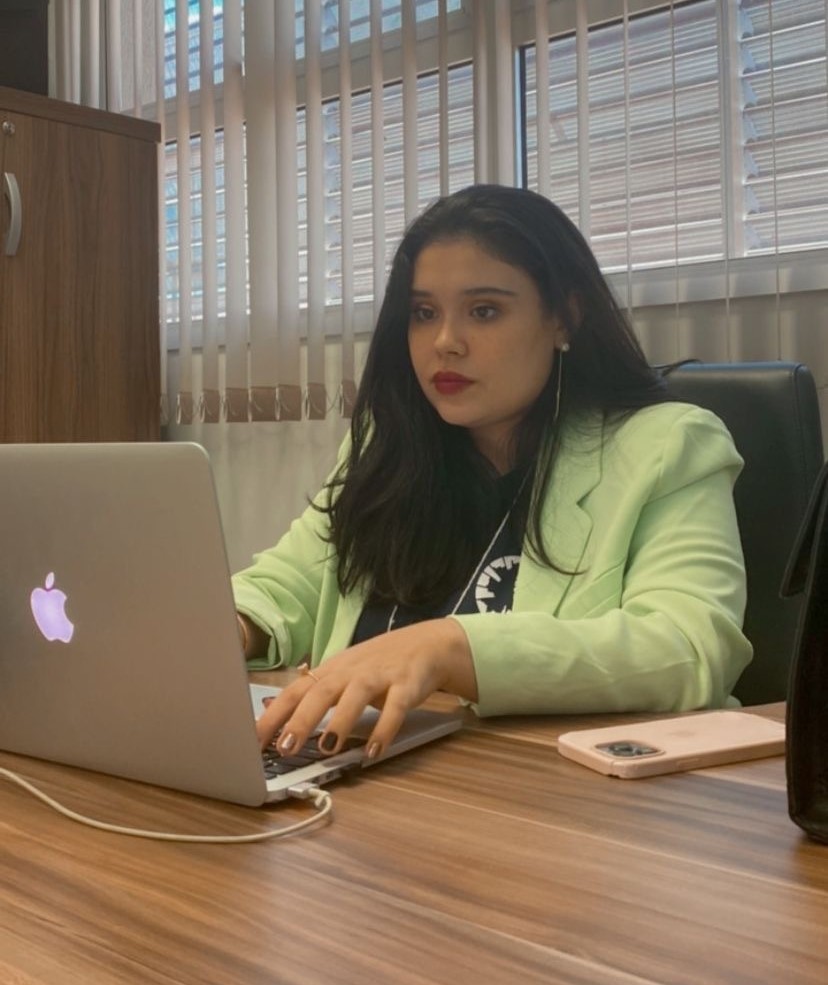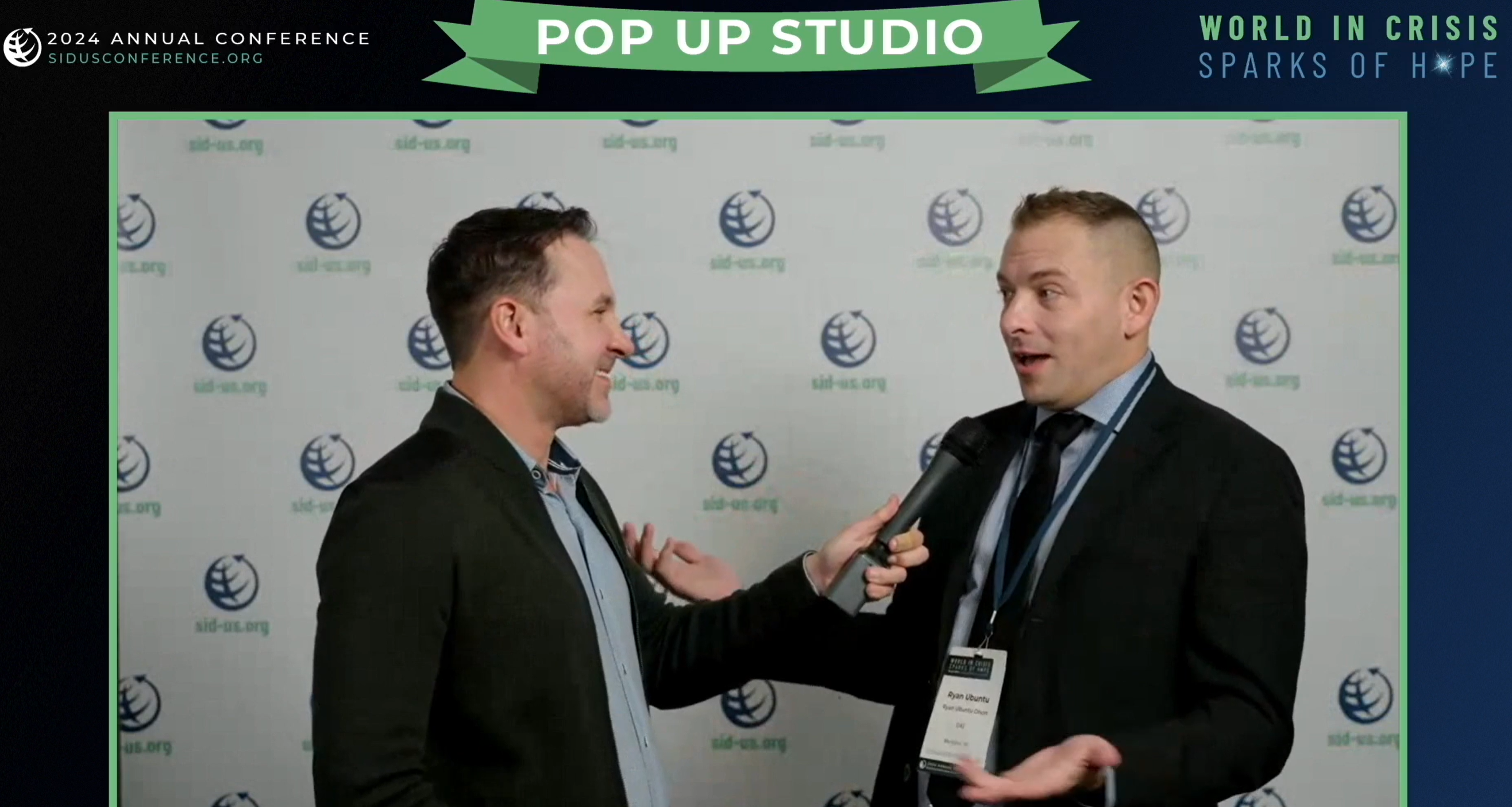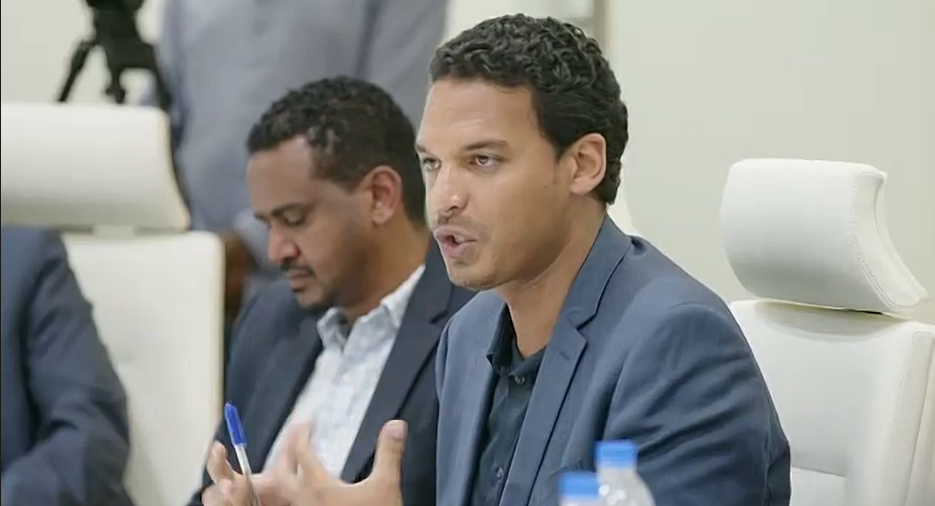By Gabrielle Hayashi Santos, TechChange contributor and Social Impact Professional
‘Inherently inadequate as an employee’ is the phrase that I would repeat to myself in my head over and over again when I started to work formally at age 15. Things that were common sense to colleagues did not come easily to me, and this led to a lot of self-criticism and self-doubt. I began masking–a coping mechanism where individuals camouflage their autistic traits to fit societal expectations. By the time I entered university, I had upgraded my overall performance to the exterior world, but internally I was struggling. The sensory overload and constant social interactions were overwhelming, and despite my efforts to adapt, I often found myself feeling isolated and misunderstood.
Then, with the help of professionals, I discovered my place on the autism spectrum and began to unmask. Even now, I am still learning about what it means for me to be autistic. However, I can confidently say that working remotely has been a game-changer for me. As we celebrate World Autism Awareness Day (WAAD), established by the United Nations General Assembly to raise awareness about autism spectrum disorder (ASD), I want to share how working remotely has offered me a platform to thrive professionally.
No Commute Means Less Sensory Overload
The allure of saving time on the daily commute is powerful. Who wouldn’t relish the chance to reclaim those precious hours spent in traffic or crammed onto public transportation? Beyond the obvious time-saving benefits, the elimination of the daily commute holds even greater significance for me. Navigating public transportation or driving exposes me to sensory overload and social demands that can be overwhelming, particularly during times of heightened stress or anxiety. The prospect of facing these challenges day in and day out adds additional strain to my mental health. Remote work offers a welcome alternative. Without the stress of commuting weighing me down, I am free to focus on my work and prioritize my well-being in an environment I can control.
Flexible Communication Minimizes Stress and Misunderstandings
Have you ever reflected on how much of work is just communicating? But what if the conventional channels of communication leave you feeling drained? That’s where the beauty of remote work comes in. It accommodates my specific needs and preferences in ways that traditional office settings never could.
Flexible communication allows me to engage with colleagues on my own terms. Written communication, such as emails and instant messages, allows me to process information at my own pace and express myself more clearly, reducing misunderstandings and social anxiety. I have been lucky enough to work with kind people who do not enforce turning cameras on, so on days where I don’t feel like I can perform facial expressions, I don’t have to.
Autonomy and Routine Means More Productivity
Another huge plus for me is the autonomy. Working remotely, I can structure my day in a predictable schedule that minimizes surprises and helps me maintain focus. This helps me implement strategies to address the specific challenges associated with my condition, such as setting realistic goals and deadlines, communicating expectations effectively, and defining roles and responsibilities. I can reduce ambiguity and confusion, which are common triggers for oppositional behavior or anxiety. Clarity around what is expected of me and what I can expect from others fosters a sense of predictability and accountability, promoting a more harmonious work environment.
Space to Employ Coping Strategies
There are still challenges in working remotely. I over prepare for meetings; I second guess my own contributions. I hyper focus on facial expressions in meetings if cameras are on. All of this can lead to anxiety that gets in the way of productivity. But I can recalibrate. In between meetings, I reach into my toolbox of coping strategies, which can vary from sensory comfort items to connecting with my support network. On particularly hard days, I can schedule a session with professionals in the comfort of my home without worrying about the logistics of squeezing that in from a traditional office job. Moreover, remote work reduces the pressure of constant social interactions, enabling me to conserve energy and allocate it more effectively to tasks that require concentration and problem-solving. Without the need to navigate complex social dynamics, I can focus on delivering my work to the best of my abilities.
My Experience as a TechChange Contributor
Working at TechChange has truly been a transformative experience for me in my journey of working remotely. From day one, I’ve felt welcomed and embraced for who I am, neurodiversity and all. The team fosters an inclusive environment where diversity is celebrated and individual differences are valued. This sense of belonging empowers me to bring my authentic self to work each day, knowing that my unique perspective is not only respected but encouraged, and that my voice is heard. It means a lot to me to be part of a social enterprise that creates courses and events that are always trying to find new ways to make the programs accessible to a diverse range of individuals, including those across the autism spectrum.
All Workplaces Can Create Supportive Environments
While remote work has been instrumental in my professional development, it’s essential to recognize that in-person work environments also have the potential to be accommodating. By fostering understanding, implementing flexible policies, and cultivating a culture of acceptance, traditional workplaces can create environments where individuals with autism feel valued and supported. As we commemorate World Autism Awareness Day, my hope is to continue raising awareness and promoting understanding of neurodiversity in the workplace and beyond. This day serves as a reminder of the progress we’ve made in advocating for the rights of autistic individuals and the importance of embracing diversity in all its forms. However, it also highlights the ongoing challenges and barriers that many autistic individuals still face.
In recognition of these challenges, I am committed to aiding individuals with autism in their search for remote work opportunities. If you are within the spectrum and need support finding a remote job and feel like I can help you, feel free to reach out to me by my Linkedin, and also check out the TechChange Talent Network. By connecting them with valuable resources and fostering a sense of community, we can empower autistic individuals to thrive in the global workforce.
Together, let us work towards creating a more inclusive and supportive environment where every individual, regardless of neurotype, has the opportunity to reach their full potential.





